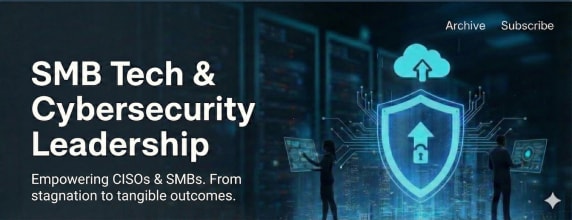Navigating Remote Networking as a Cybersecurity Leader
Challenges, Strategies, and Benefits
Update:
So it's been a while since I posted, but that's because I've been on a trip. A trip where I met new contacts and made many new friends, and learned from the easy and hard lessons of others.
Most of all, it was an opportunity to take some time off with the family and go out exploring to enjoy the many wonders of mother nature, as well as how much humans have adapted to the landscapes they live in, from underground bunkers to hills perched on a canyon slow, bridges that span for a long time even if they were created in 1930.




